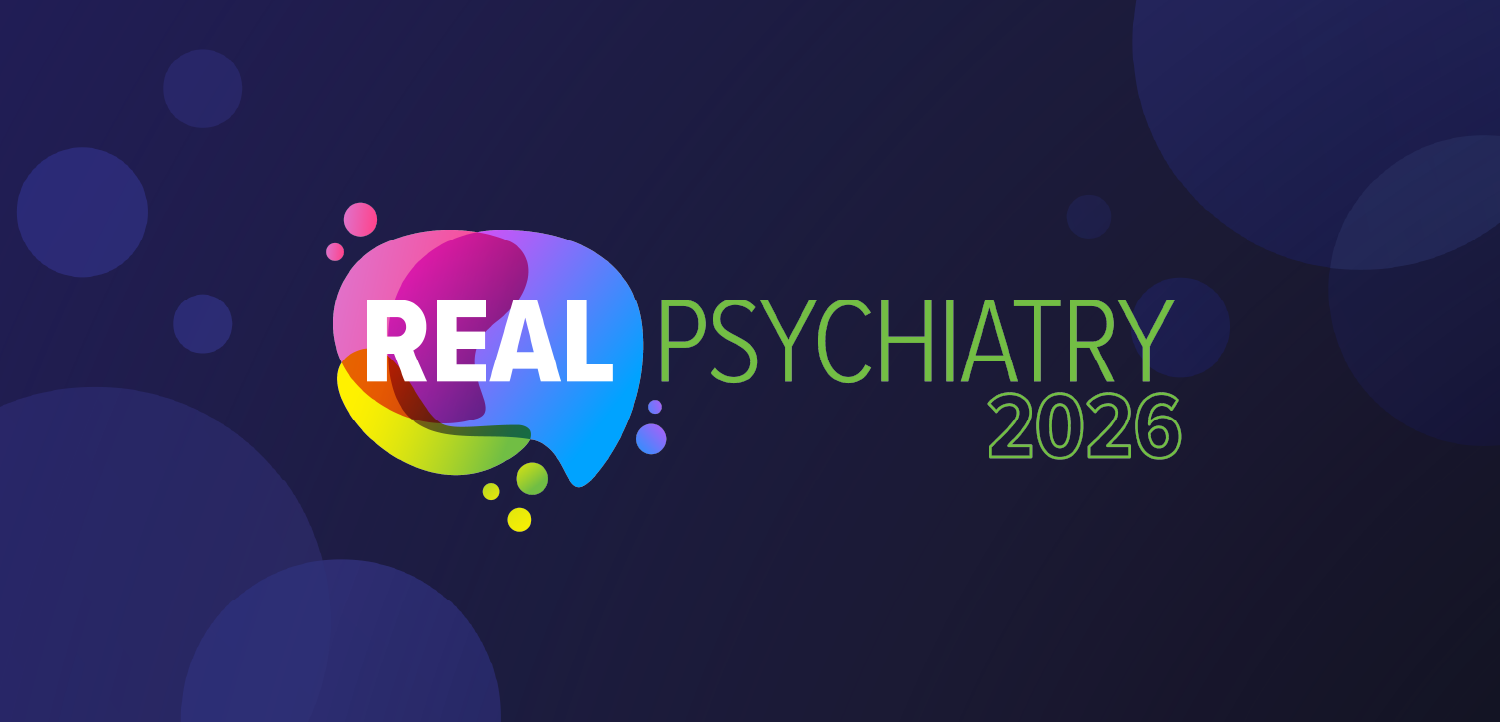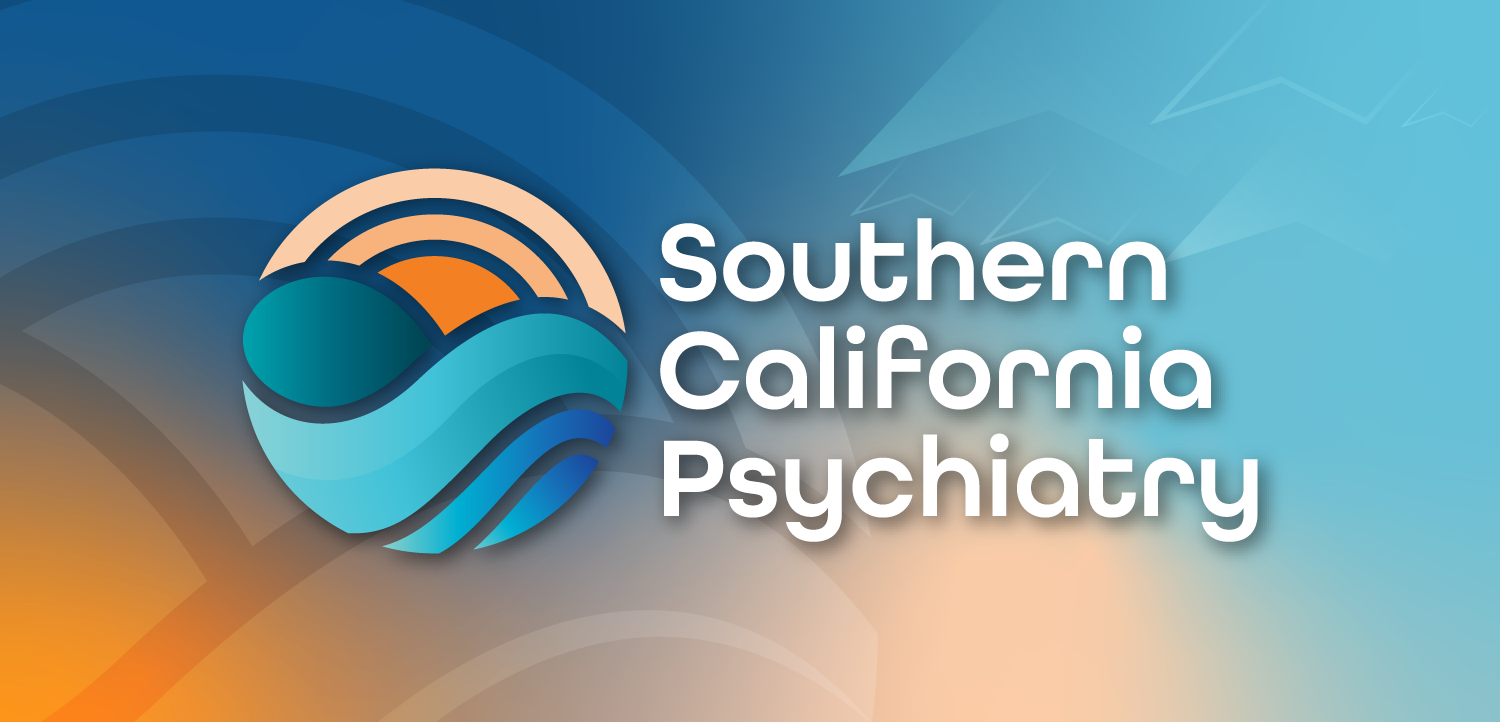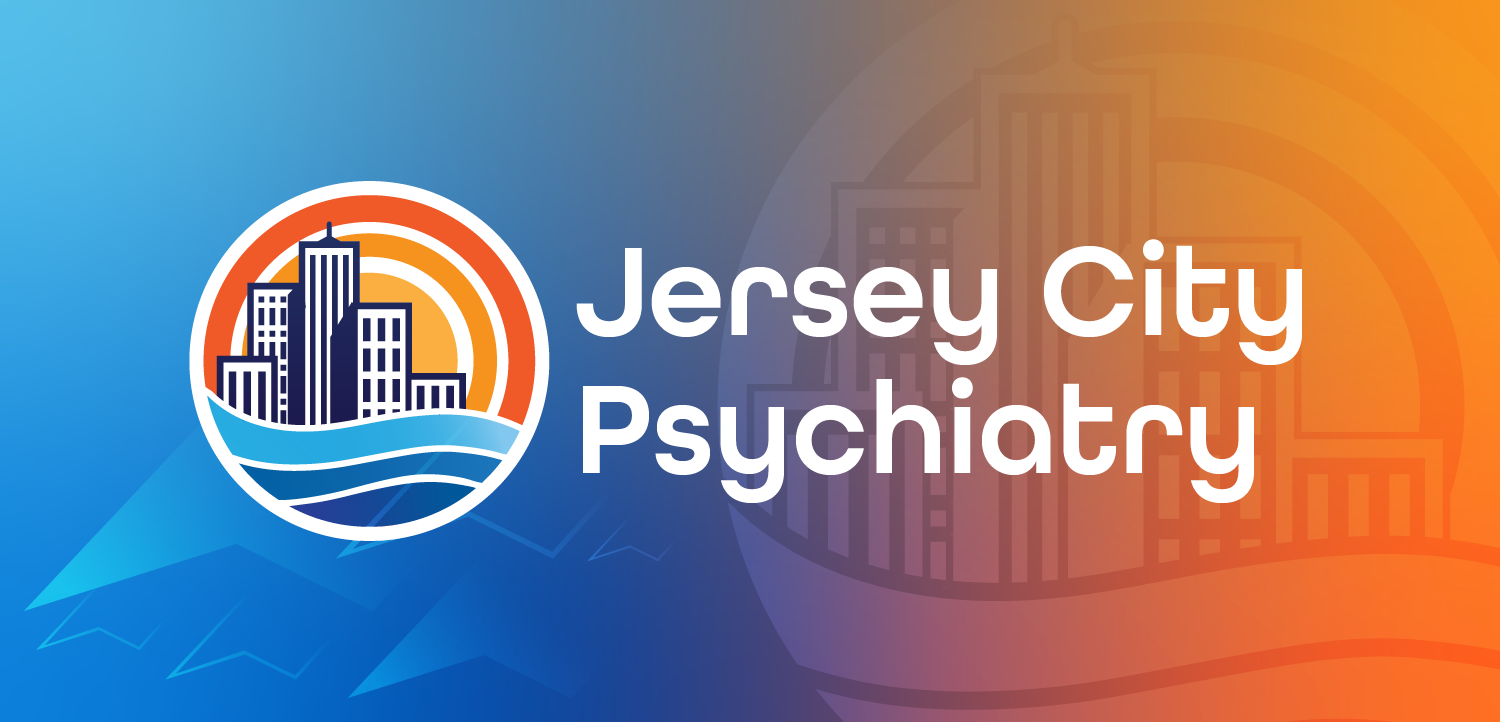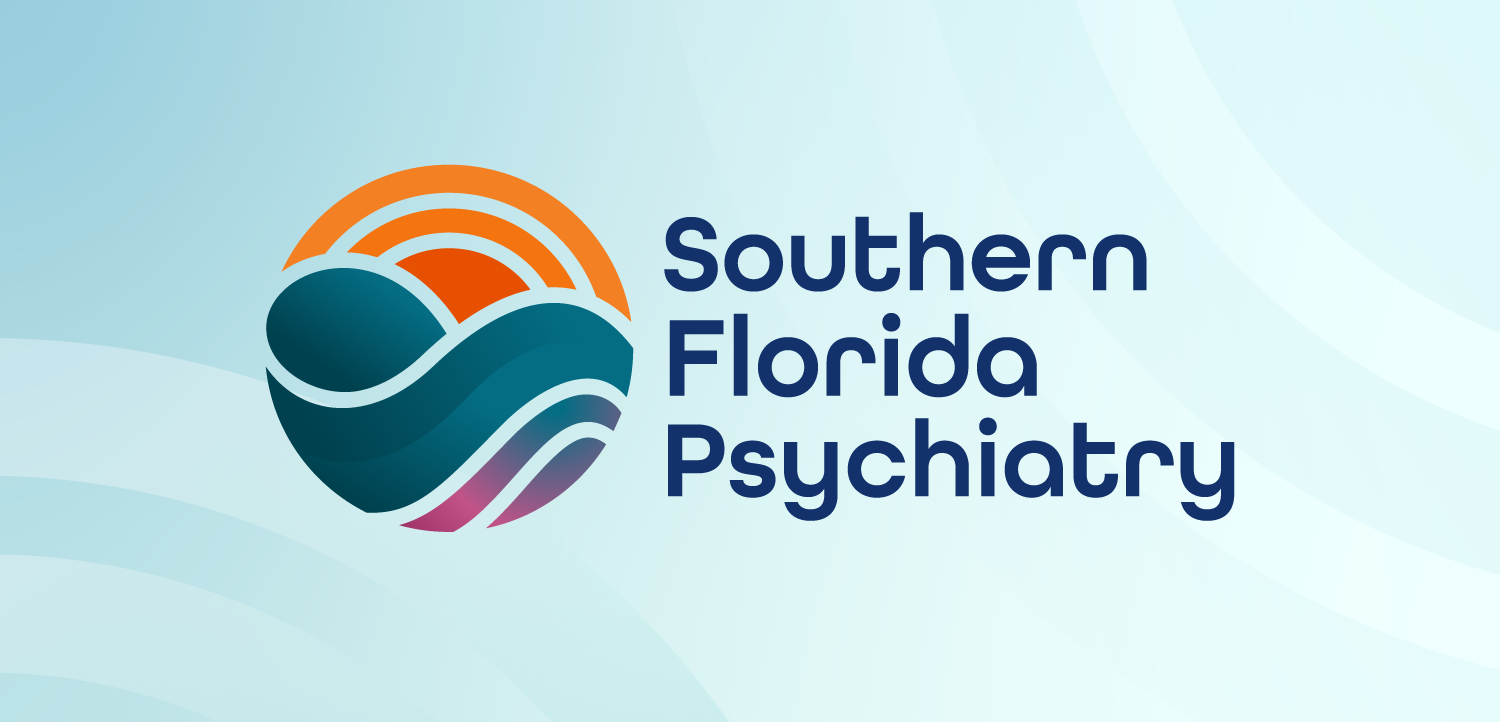
- Vol 33 No 9
- Volume 33
- Issue 9
PatientsLikeMe: Crowdsourced Patient Health Data as a Clinical Tool in Psychiatry
Patients want to know what to expect with a given treatment, how their experiences compare with those of others, or whether they are alone in coping with their conditions. Who best to answer these questions than others like them?
FROM THE NATIONAL NETWORK OF DEPRESSION CENTERS
A
In recent years, there has been an explosion of online crowdsourced data from product reviews on Amazon to restaurant reviews on Yelp. Modern consumers are not content to accept the perspectives of experts only-they want to know what the people using and experiencing these products have to say. This trend has direct application within the realm of health care as patients have been taking on more of a traditional consumer role. Patients want to know what to expect with a given treatment, how their experiences compare with those of others, or whether they are alone in coping with their conditions. Who best to answer these questions than others like them?
What is PatientsLikeMe?
Founded in 2004 by Jamie and Ben Heywood, PatientsLikeMe has established itself as a platform for collecting patient-generated health data. The PatientsLikeMe platform was designed as an open registry, which allows patients and caregivers to share medical data with each other and facilitates connecting with and learning from others who have similar experiences. By essentially crowdsourcing patient experiences across a variety of chronic diseases, PatientsLikeMe helps patients answer questions that people often ask about their conditions: What is this illness I have? What will this diagnosis or treatment do to me? Am I alone? What might help me get better? What might help me live with it? How do I deal with problems caused by my illness? With over 400,000 registered members, PatientsLikeMe is currently considered the largest online patient-powered research network. While PatientsLikeMe began as an amyotrophic lateral sclerosis–specific community, patients are now sharing their data and experiences with over 2500 different conditions. There are more than 67,000 patients sharing data about mental health conditions.
How do members use PatientsLikeMe?
PatientsLikeMe members have access to a host of tools for tracking health experiences through the collection of both structured and unstructured data. These data can range from a simple free-text update about how the patient is feeling that day to a detailed history of his or her experience with a given condition through the completion of specific questionnaires. In addition to basic demographic information (eg, age, gender, race, ethnicity), patients are able to track other types of structured health data, including conditions, symptoms, treatments, side effects, hospitalization reasons, treatment purposes, and labs. Patients are also able to provide feedback on how well they feel their treatments are working and track their disease status through the use of condition-specific patient-reported outcome measures (PROMs). These PROMs have been adapted and built directly into the PatientsLikeMe platform so that they are integrated into the patient profile.
When adding new information to their profiles, patients may use a wide range of words and terms. Their way of describing health events may differ from how a health care provider, a researcher, or other patients might describe the same experience. To help bridge the potential gaps that this may produce, the tools available to members allow them to track their health using the words and terms of their choice. Behind the scenes, the PatientsLikeMe Health Data Integrity team, made up of clinical pharmacists and nurses, works to connect each experience with the most appropriate set of standardized medical coding using ICD-10; Medical Dictionary for Regulatory Activities; International Classification of Functioning, Disability, and Health; and Systematized Nomenclature of Medicine terms. This underlying coding facilitates the connection and “rolling-up” of related experiences within the PatientsLikeMe medical database.
How can PatientsLikeMe be used as a clinical tool?
Patient education. These data-tracking tools allow patients to learn from trends in their data or from the data shared by others and to connect with other patients like themselves. By tracking their health experiences, patients can watch for longitudinal patterns in their data and can look for patterns at a specific time by looking at a vertical point in their charts. By allowing patients to track what treatments they have tried and by layering that information on top of the patient’s own symptom severity reports or daily functioning (“InstantMe”), PatientsLikeMe can help patients learn more about what has helped them to live better (Figure 1).
In addition to learning from patterns in their own data, patients can also learn by reviewing the various reports offered on PatientsLikeMe. These reports are available for each of the treatments, symptoms, and conditions in the medical database; each provides a summary of the data patients have shared on that topic. For example, condition reports provide patients with an overview of who in the community reports this condition, how it affects them, and how they treat it; symptom reports display the impact that a symptom has on a patient’s life and how it is treated. Treatment reports highlight things such as side effects, patient experience, perceived effectiveness, and overall burden of that treatment (Figure 2). All of these empower patients to engage in their own health by giving them the information and the insight that they need to be partners in their care.
Medication management and tracking. After starting a new treatment, patients can track their experience by reporting any changes in symptoms, their perceived effectiveness of the treatment, and any adverse effects they may have experienced. Using the website to log these data between provider visits makes it easier for patients to review their impressions with their clinician. In addition, the ability to stack data (eg, depression symptoms vs treatment effectiveness) may offer insight into indicators important to the clinical course.
For health care professionals, PatientsLikeMe provides a robust tool for gaining insight into the patient experience between appointments. The data tracked in patient profiles can shed light on the symptoms or adverse effects that patients may not immediately report during their often rushed or too short office visits. The self-tracking of important clinical indicators can also help patients reduce the burden of recall and provide greater nuance to disease progression or treatment efficacy.
Mutual support. While many public mental health forums are available, PatientsLikeMe may offer an additional social support advantage because members can specifically seek out peers who fit their same profile, disease journey, or treatment experience. Finding and communicating with others who have successfully addressed similar problems can potentially offer an important patient perspective in treatment planning.
An additional advantage of mutual support is realized through the harnessing and sharing of tacit knowledge. The importance of such knowledge-clinical “know-how” gained from personal experience-
PatientsLikeMe as an intervention
Because the act of tracking one’s data and seeking social support may have a beneficial effect on one’s psychiatric condition, there is a possibility that PatientsLikeMe itself may act as an intervention. Self-monitoring interventions may help depressed patients gain insight into behaviors that improve daily depressive symptoms and emotional awareness. Although PatientsLikeMe has not been subjected to a randomized controlled trial, there are some promising findings.3,4 A recent study of veterans with epilepsy who used PatientsLikeMe over a 6-week period showed increased epilepsy self-management and self-efficacy scores; the greatest improvement occurred in information management behaviors.5 Preliminary findings from a recent internal survey of 3185 members found that more than 50% of respondents with bipolar disorder felt PatientsLikeMe had helped improve their understanding of how their condition affects them, how to live better with their condition, available treatment options, and related adverse effects along with important factors in making treatment decisions.
Given the shortage of providers and the number of untreated individuals with psychiatric conditions in the US, it is important to identify all means of available support and innovative adjunct treatments. The use and application of crowdsourced patient-generated data can be more than a curiosity to those who buy consumer products. Each psychiatric patient possesses valuable personal data that if shared, may help unlock solutions for managing the illness.
Disclosures:
Dr. Chiauzzi is Research Director, and Dr. Lowe is Health Data and Drug Information Clinical Specialist at PatientsLikeMe in Cambridge, MA. The authors report that they own stock options in PatientsLikeMe.
Acknowledgment-This article is based on Dr. Chiauzzi’s presentation at the 2015 Annual Conference of the National Network of Depression Centers (NNDC). The NNDC, a partner of Psychiatric Times, develops and fosters connections among members to use the power of its network to advance scientific discovery, improve care, and drive the national conversation on depression and related mood disorders through collaborative research efforts.
References:
1. Kalckreuth S, Trefflich F, Rummel-Kluge C. Mental health related Internet use among psychiatric patients: a cross-sectional analysis. BMC Psychiatry. 2014;24:14:368.
2. Thornton T. Tacit knowledge as the unifying factor in evidence based medicine and clinical judgement. Philos Ethics Humanit Med. 2006;1:E2.
3. Kramer I, Simons CJ, Hartmann JA, et al. A therapeutic application of the experience sampling method in the treatment of depression: a randomized controlled trial. World Psychiatry. 2014;13:68-77.
4. Snippe E, Simons CJ, Hartmann JA, et al. Change in daily life behaviors and depression: within-person and between-person associations. Health Psychol. 2016;35:433-441.
5. Hixson JD, Barnes D, Parko K, et al. Patients optimizing epilepsy management via an online community (the POEM study). Neurology. 2015;85:129-136.
Articles in this issue
over 9 years ago
Understanding the Link Between Lead Toxicity and ADHDover 9 years ago
Environmental Toxicants and Autism Spectrum Disorderover 9 years ago
The Influence of Diet on ADHDover 9 years ago
Transplant Psychiatry: An Introduction, Part 1over 9 years ago
Global Mental Health and the Demolition of Cultureover 9 years ago
Whistle While You Work, Stevenson’s a JerkNewsletter
Receive trusted psychiatric news, expert analysis, and clinical insights — subscribe today to support your practice and your patients.

















